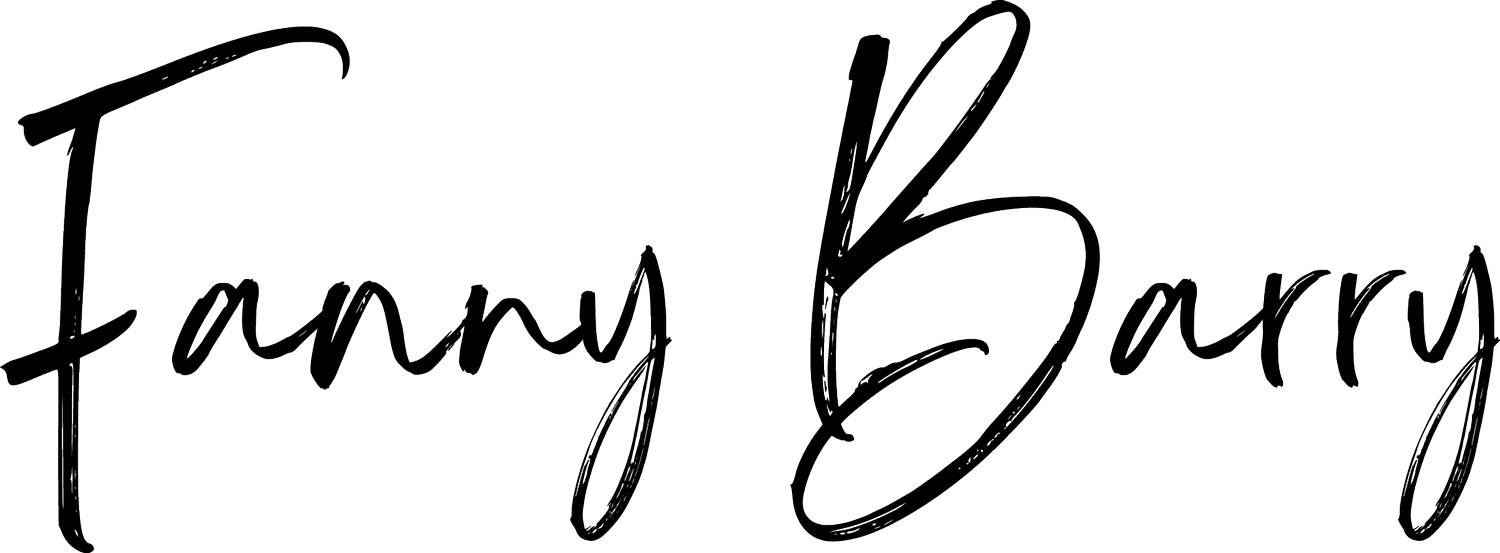“You’re just another fockin’ Yank then, aren’t you?”
After hours, curtains closed, air thick with cigarette smoke in a small village pub north of Galway, he continued. “I mean, it’s not like you even know your ancestors here or anything. Look at ye, nearly 30 and it’s the first time you’ve been back.”
“I guess you’re right.” I told him, hoping it would end the conversation.
Admittedly, I didn’t know Irish history well. Sure, I knew the Irish heroes like Michael Connelly and all about bloody Sunday, mostly thanks to the band U2. Yes, I was another Yank. But one with Irish heritage. That made it different. I moved to the bar before he could say more.
My friend Helen had invited me to join her family in Galway for Christmas. I could be with people I loved. “C’mon,” she coaxed over the phone, “It’ll be great crack and you should come to Ireland regardless.” I’d been working abroad but had neglected to consider the isolation and homesickness, especially over the holidays. Things weren’t going as I’d planned in Germany and she was right. It would be the first trip to my ancestral home.
My parents never spoke much about our roots. In fact, my father always said, “I am so happy my grandparents caught that boat.” And that was it. We never discussed who was left behind or why they all left. At the time, the U.S. was the land of opportunity. Ireland was suffering and in the midst of civil war, or “troubles” as people diminutively called a war that officially lasted nearly 30 years.
No one talked much about the past, regardless of how they had suffered as immigrants and struggled to make a new life in the US. Perhaps it was how they could forget the difficulties and heartache. Like my Aunt Mary who at 10 years old took over on the farm when her mother died in childbirth. My mother shrugged to explain how a 10 year old could take over the family business. “You’d be surprised what you can do when you have to. She was smart.” Those words have echoed in my mind on so many occasions. But in my 40’s, not at 10. There were so many tragedies that we rarely talked about “home”. That may have cut too deep.
But in community, we talked about Ireland. At Sunday mass there were collections for Irish Charities. The priest would ask us to support families back “home”. We celebrated Irish saints, especially St. Patrick. In my borough of Boston, West Roxbury, we were “Lace Curtain Irish” - well enough off to have a single family home. We were always reminded that we should give a hand to those less fortunate. “Don’t forget where you’re from,” the priest would counsel and caution, “Don’t get full of yourself. You can easily fall back.” When JFK was elected president we believed we were the backbone of the country: strong, educated, conscious Irish Americans. When he was assassinated, the priests words echoed in all of our minds. “They’ll help you to the curb if you’re laying in the road,” my dad had told us, “But God forbid you climb up onto the sidewalk.”
So when nearly 40 years later I decided to write about an Irish American heroine in my first novel, Eco Woman: The Transformation, I was excited but nervous. The moment I named her Maeve for Maeve the Brave, queen of the Connacht in the Ulster Cycle of Irish Mythology, I somehow felt connected. Maeve, in Irish spelled Méibh, was a strong willed, ambitious and promiscuous queen who fought with her men. Some say she’s the manifestation of the sovereign goddess. Who wouldn’t love her? I had only just visited the north of Ireland while writing the novel and when Helen showed me her burial site high on a stone cairn on the summit of Knocknarea in County Sligo, I knew she was my heroine. She was amazing. She was my ancestor, the one who’d travelled in the coffin ships to find a new land. The one who’d survived hunger and discrimination and had risen to find a place in the white house.
And although I knew our ancestors were from the south of Ireland, not the north, I chose her anyway: Maeve the brave. Regardless of my fears of cultural appropriation and calling out from family and friends, I made her as big as Queen Maeve, buried upright and facing her enemies.
When the publisher told me Eco Woman was out, I took a deep breath in. If I’d been laying in the road and had been helped to the curb, Eco Woman was my way onto the sidewalk. Here I was, getting a little full of myself. I stood tall, ready for the critics, ready for the fight. I had published books before and it’s not all parties and positive reviews. The negative ones hurt. I still had people who didn’t talk to me from my memoir, published 7 years ago - immigrants hold onto perceived slights. I still had to work on the shame that I described in that book and few people had held my hand to say, “It’s ok.” Immigrants don’t talk about the hardships, you see. They get on with things.
So, yes. I am just another Yank. But I have Irish heritage and that gives me permission to dig into it, to revel in where I’m from, to overcome the prejudice, the criticism, the sense of not belonging and to discover my ancestors. In that discovery, we will find our heroines and heroes. And we’ll find that the similarities among all our cultures point to the fact that we’re all from the same place. Our roots are not shallow. They run deep and point us to a collective heritage that could be unifying if we let it. Climb up onto the sidewalk and find your Eco Woman.

